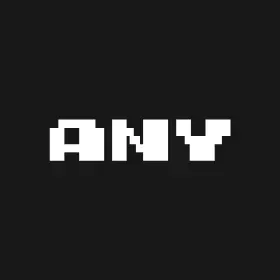We believe that any software should support fundamental digital freedoms. With the rise of cryptography and computer systems, it is now possible to guarantee these freedoms in the world of bits: privacy of thoughts, freedom of speech, right to authorship, and autonomy from software providers. These rights can be encoded into the code, which when open, can be freely verified by anyone. This way, trust among users and developers can be established.
This is our way. By opening our source code, we ensure that our users have complete autonomy and independence from the Any Association. They retain the ability to analyze, compile, and run each software component on their personal machines without relying on external parties. This guarantees uninterrupted access to the tools and data they generate and store, shielding them from any potential restrictions.
We see our products as an open ecosystem where the community can contribute in various ways, not only by committing to the core source code. Contributors can develop integrations, design themes, create use cases for the in-app library, or provide documentation and translations.



I’ve been using it for a week, and I’ve also been using Obsidian for a couple of months.
It’s quite different from Obsidian.
Obsidian:
Anytype:
I use Obsidian to write my language grammar notes, it’s very fast, and I could do most stuff on keyboard without switching to mouse.
I use Anytype to setup kanban boards, information of my video games backlog, I use it for planning tasks that I wanna do later, set the status to in-progress, and watch it show up on the dashboard. It’s very linkage heavy.
Anytype is probably more of a replacement of Notion, instead of Obsidian, albeit it’s still in alpha, thus it doesn’t have enough features to go against Notion yet. But I am enjoying it thoroughly, the UI is clean and not bloated, although it requires you to define Objects and Relations if you want to fully utilize it.